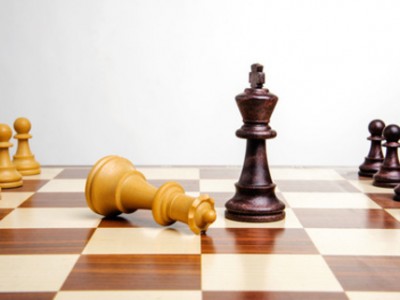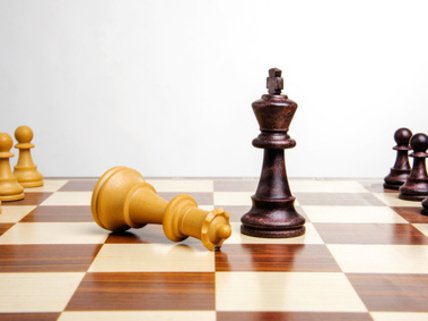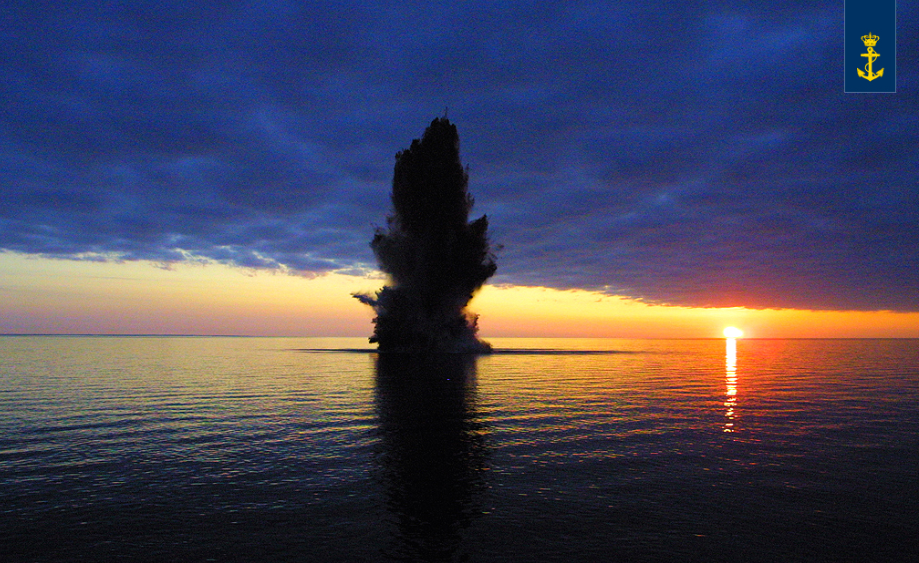Russian castling: a pebble in the European garden

(BRUSSELS2 to Strasbourg) In chess jargon, this could be called castling. Russia has sheltered the Syrian regime from strikes for some time. Moscow has thus made a complete U-turn from its previous position - which aimed to deny any involvement by the regime in the chemical attacks of August 21. And Putin has positioned himself as a peacemaker, thus putting himself in pole position on the whole Middle East process but also for other subsequent stages. Along the way, he stole the place of "peaceful intermediary" that the European Union could and should have held.
Europe has been robbed of the place of "nice" peaceful
For two years now, the European Union has been defending - not without reason - a political solution to the Syrian conflict. But it has so far been unable to present major initiatives to support this leitmotif. The European foreign ministers, although meeting in Vilnius a few days ago, divided on the Franco-American initiative, proved incapable of formulating a concrete proposal to get out of the showdown. Overjoyed to receive John Kerry – the round of handshakes lasted a good ten minutes – they forgot to take a common position that would not only be reactive but impulsive. Result: It is Moscow, which cannot be described as a peacemaker for 2 years (in particular by blocking any initiative in the Security Council), which has pulled "the" solution out of its hat. And Europe appears in tow of the Russians. Which bodes well for future negotiations, particularly on the Eastern Partnership.
A foreign policy not yet common
The President of the European Parliament, Martin Schulz, whom I questioned, could only recognize this absence. " I admit that putting chemical weapons did not come from the EEAS (the European diplomatic service) or from the European Parliament. Even if he considered that the path followed by Europe was the right one. " We insisted on a procedure: waiting for the inspectors to give (not only) the results of the investigations (but also) their proposals. That was the goal. And the European Parliament insisted that Geneva II be held. » The reason according to him: the Common Foreign and Security Policy (CFSP) is not very common. " Europe can always be criticized for not having a common position on foreign and security policy. Because the States consider themselves as a point of view of national policy. On the one hand, we appeal to the Union but the States carry out a national policy”
A standoff against an encroachment on the natural zone of influence
Europe is indeed engaged in an arm wrestling which does not speak its name with Moscow. The negotiation of the Eastern Partnership and Association Agreements with several countries on the near Russian horizon such as Ukraine, Moldova and Georgia should be concluded at the Eastern Partnership summit at the end of November in Vilnius. But nothing is less certain that the starters on the starting line are so numerous at the finish. Armenia has already declared, if not forfeited, at least prefers to keep its assets as a close ally of Moscow and rally to the Customs Union project initiated by Russia. This European initiative is perceived as an encroachment on the traditional domain of Moscow. No need to hide it!
... and military
By signing this agreement, the European Union takes away part of Russia's "natural" area of influence. Countries where Russia has many interests — economic, political, demographic and... military — and many assets. Russia has several military bases: maritime in Ukraine (in Sevastopol), armored "peace forces" units in the secessionist province of Transnistria (Moldova), and military "peace forces" in the independence provinces of South Ossetia and Abkhazia (Georgia).
Attention ! dangerous zone ...
Will these units remain without "moving"? Will the Europeans be able to react, quickly, in a strong enough way not to appear as the “weak of the continent”? What if, for example, Russia accedes to a request from South Ossetia to join Russia? Or if Moscow recognizes the merits of the Transnistrians to gain independence - or more usefully monetizes this (non) recognition in exchange for Moldova's withdrawal from the European project? We must expect any provocation, including the most twisted or the most tragic... Will the Europeans be ready to play "strongly, together and quickly"... That would be desirable. Will the weak be strong. I have a doubt...
Read on the Club, the account of the debate in the European Parliament on Syria
(Nicolas Gros-Verheyde)



The problem is that as long as Europe demonizes Russia and especially Putin, it will practice the diplomacy of the pince-nez whose main defect is to prevent speaking correctly to its interlocutor and to cause self-asphyxiation in the long run. And Europe, are above all those opinion leaders that are France and the United Kingdom whose political fiasco we have just seen.